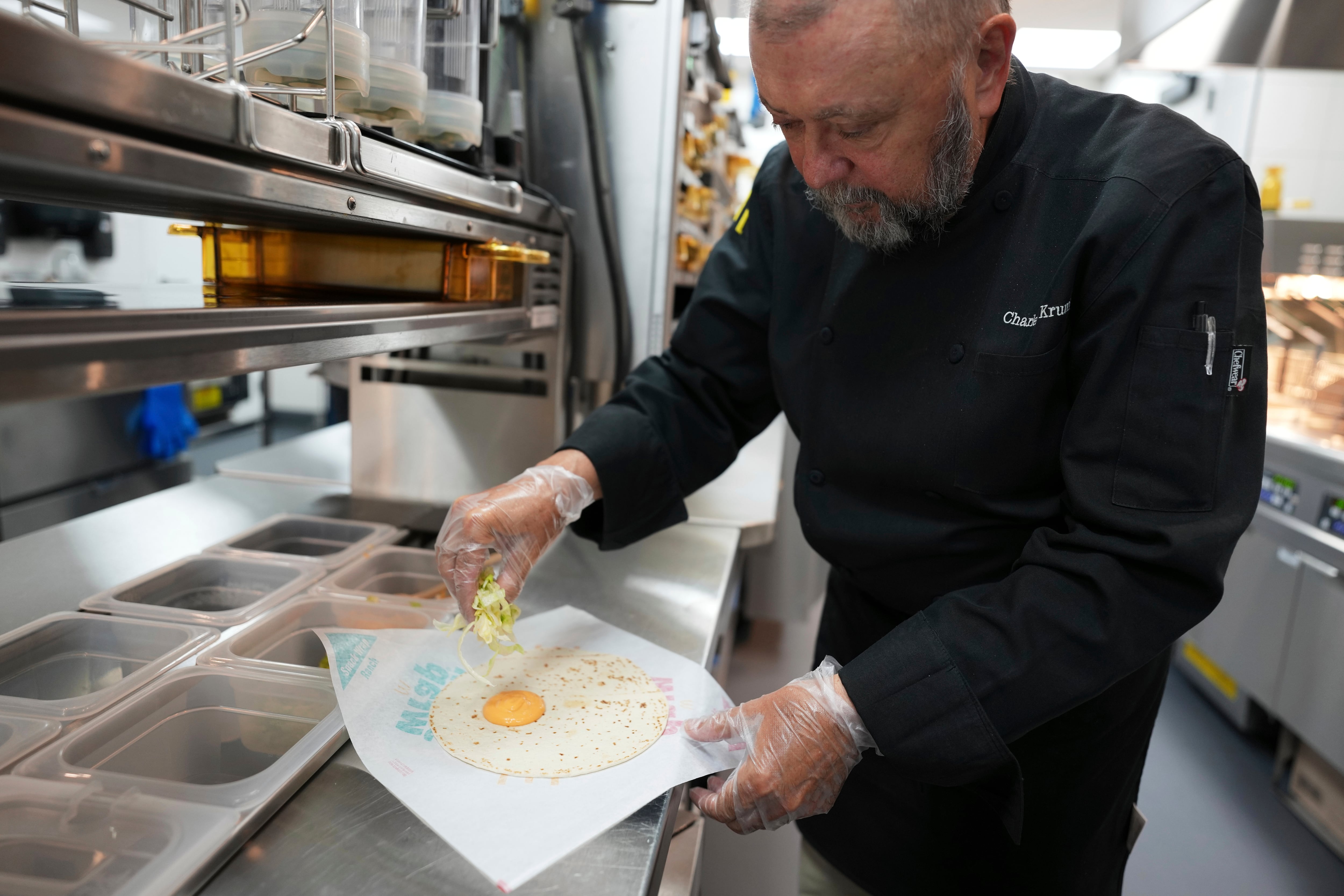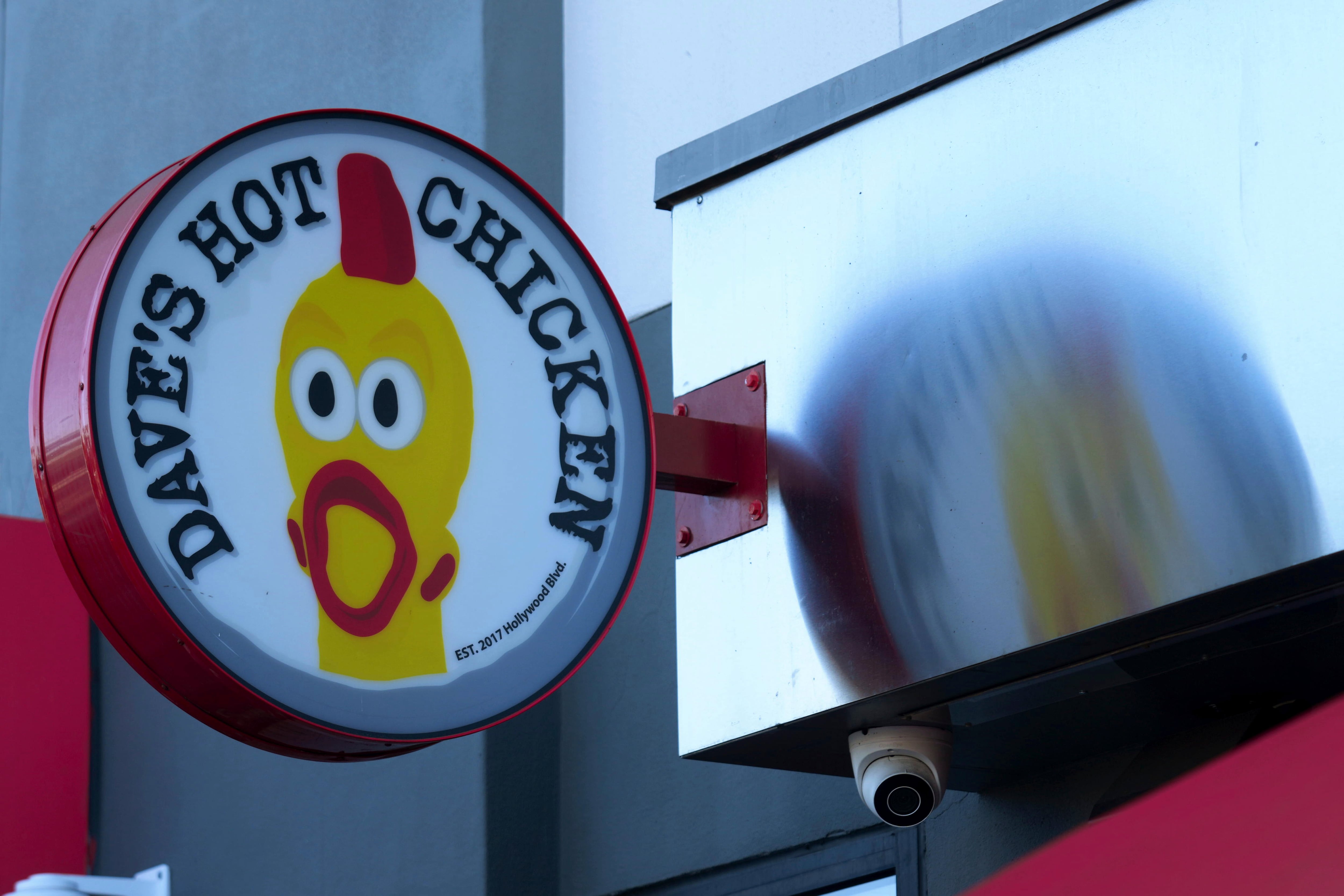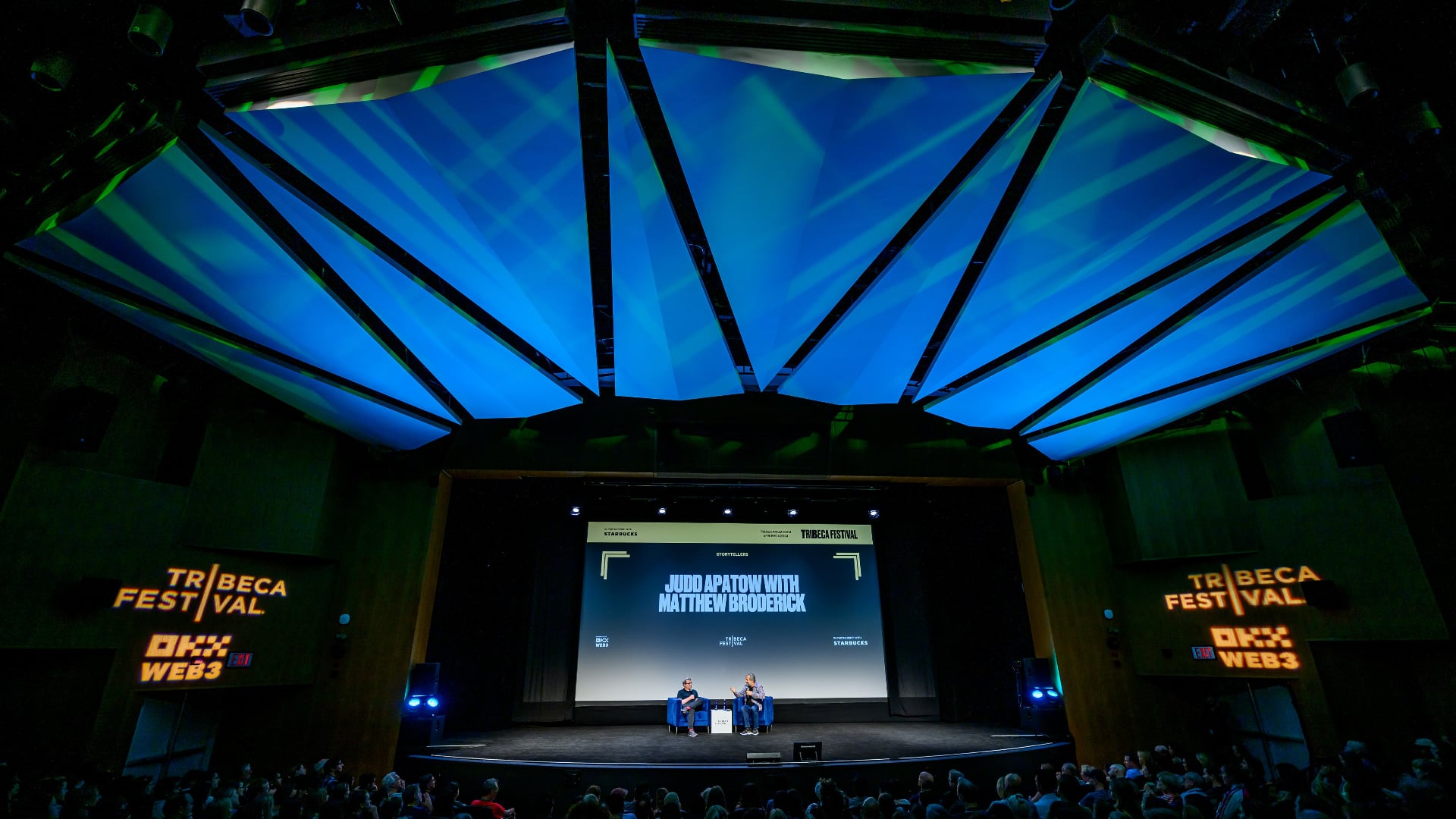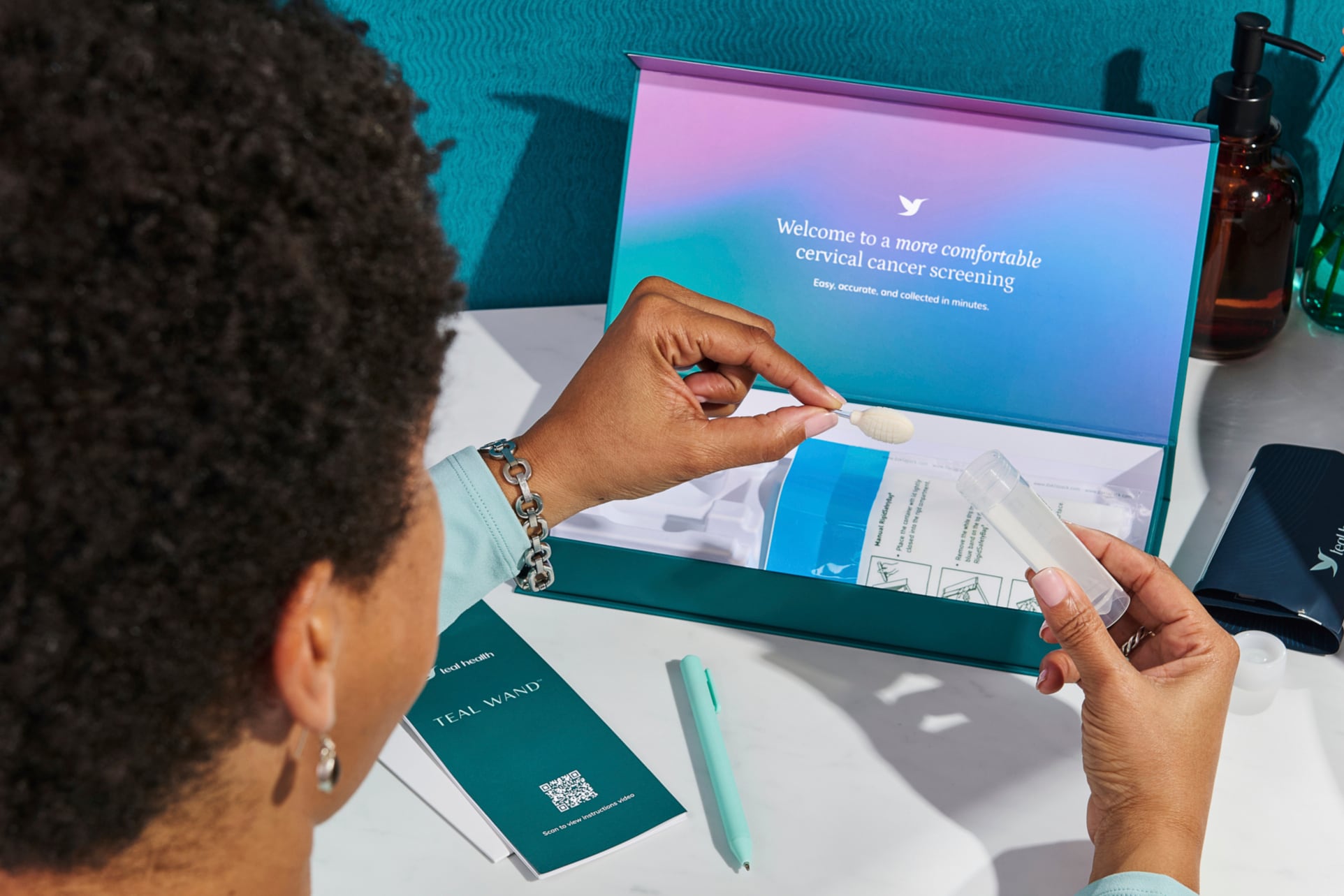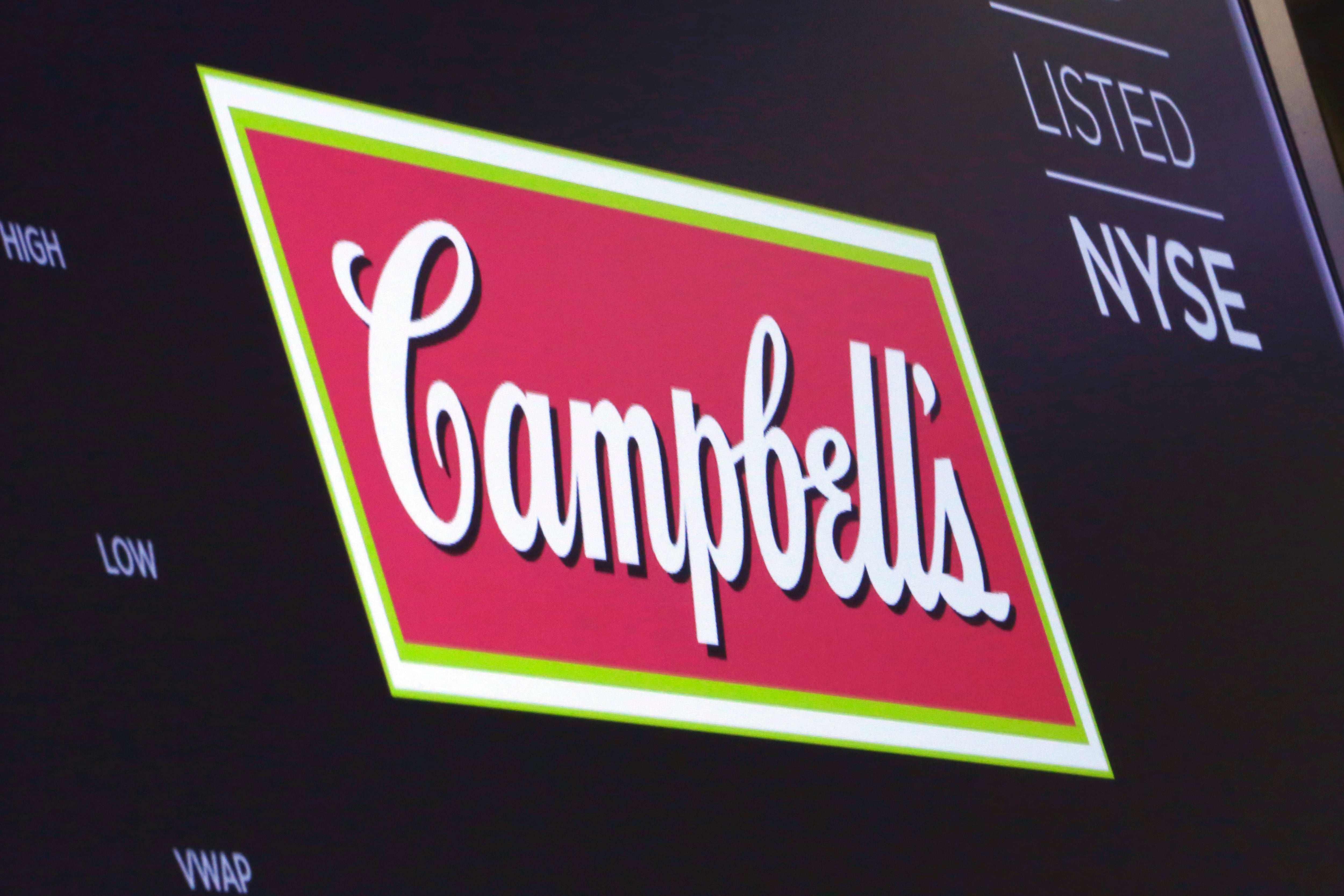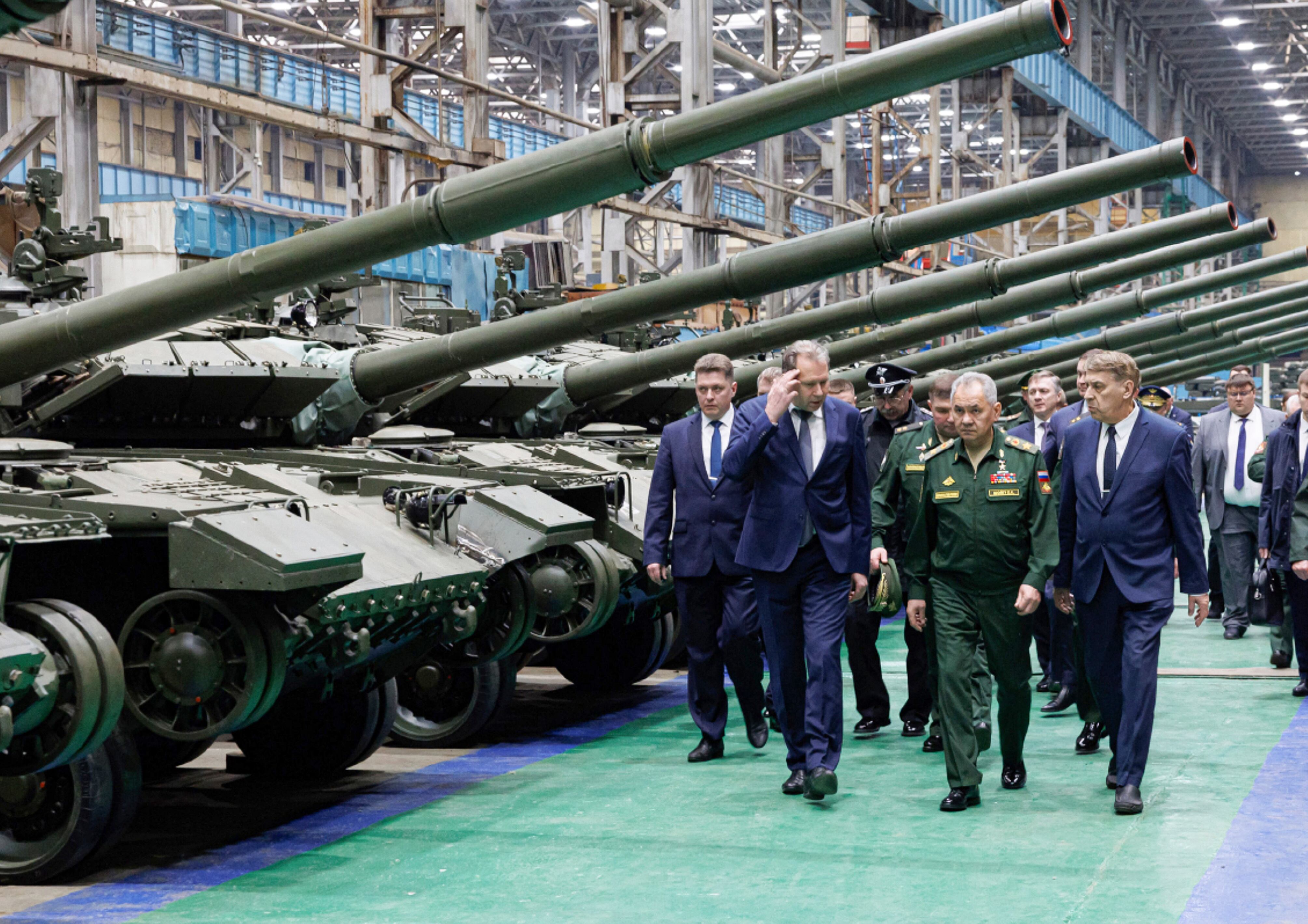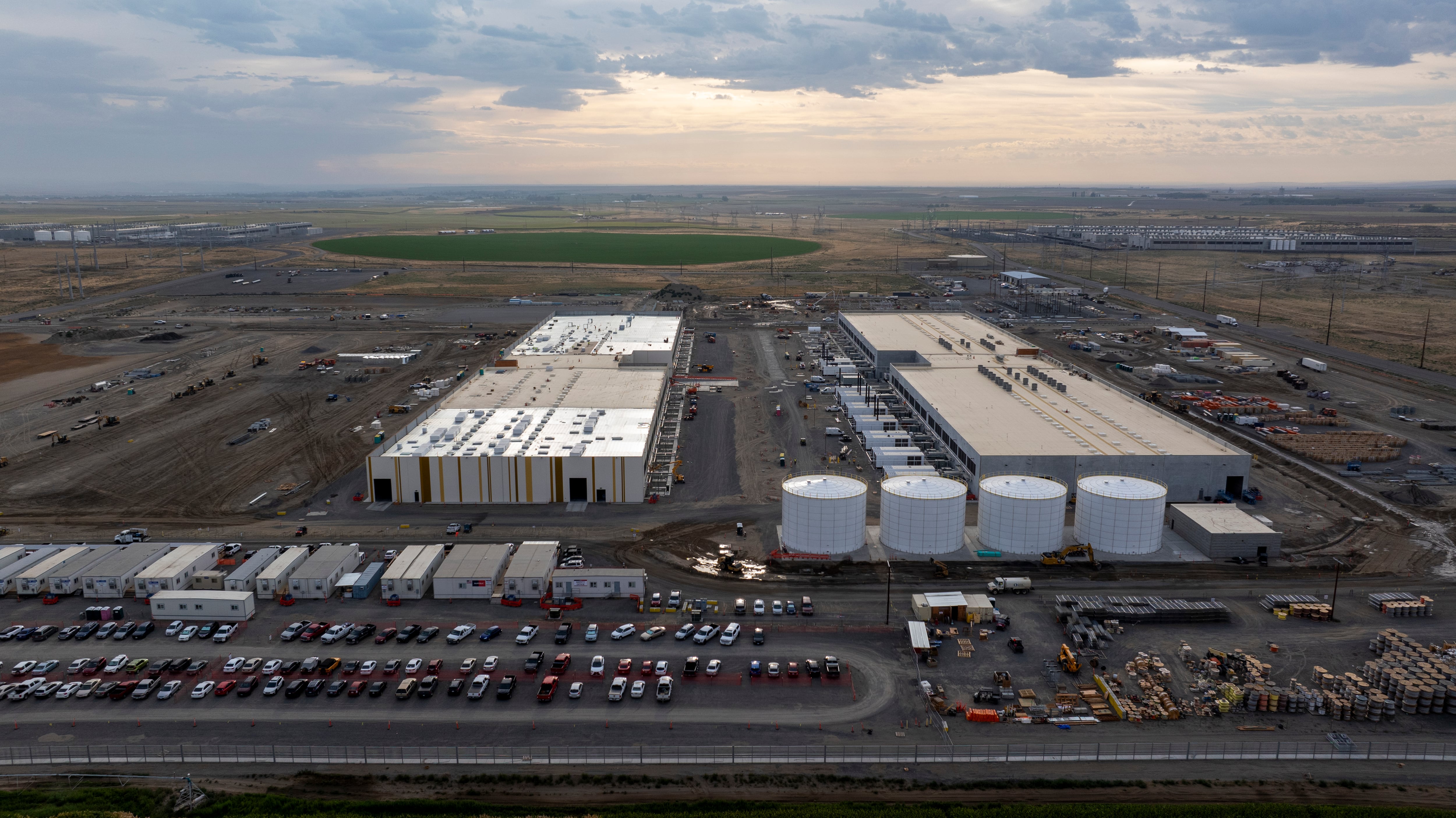Volkswagen is making its first all-electric SUV available to American customers with deliveries to U.S. dealerships beginning this month.
"Obviously there's a movement at hand, and Volkswagen likes to lead and likes to be part of the movement," Volkswagen Group of America CEO Scott Keogh told Cheddar. "We think electric vehicles are ready to explode. It's already happening worldwide, and we want to be part of the lead."
The ID.4 model is currently manufactured in Germany and China but will begin U.S. production in 2022. Volkswagen's plant in Chattanooga, Tennessee, will produce the electric vehicle locally.
Keogh said the ID.4 was competitive at $39,995 but noted that the federal tax credit for electric vehicles helped put the model right in the "sweet spot" for the U.S. car market.
"Make no mistake, I think it is important," he said of the credit. "This is technology we want to have adopted. It's technology we want embraced by all American consumers, and certainly, the $7,500 tax credit helps build and lengthen that runway to get this off the ground."
The German automaker's stock price has soared in recent weeks, even as industry leader Tesla's sky-high valuation has shrunk.
Keogh attributed this to "old auto" showing its strength in the new electric vehicle market.
"In any competitive industry, there never is just a number one," he said. "There's always a two, and there's always a three, and frankly Volkswagen has now joined the game."
He also said the market is responding to the company's commitment to the Paris Climate Agreement, and its plan to reach net-zero emissions by 2050.
"The market buys the future. The market believes the future, and right now they're believing us."
As for how the ID.4 stacks up to Tesla's Model Y, another fully electric SUV, Keogh touted Volkswagen's sales infrastructure and market penetration.
"We have 650 dealers across the country," he said. "They've been trained. We have EV specialists. They're ready to sell the car. They're ready to service the car. They're ready to embrace the car."
This footprint, he added, gives the company an edge in capturing new customers in the electric vehicle market, which is more important than clawing customers away from Tesla.
"We need internal combustion engine owners to look at this car," he said.


